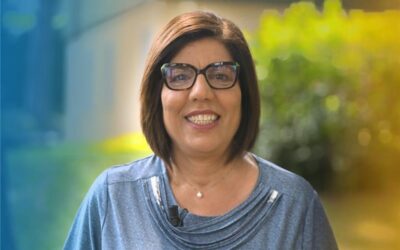The election of Pope Francis is a great sign that shows continuity with what Benedict XVI left to the church when he resigned the ministry of bishop of Rome. I saw continuity because in choosing the name Francis, for the first time in church history, the new pope has evidently wanted to place his ministry in that prophetic light given by the evangelical witness of Francis of Assisi.
The fact that the pope referred to brotherhood, brotherhood to be lived, is a strong sign of his will to follow the most authentic spirit of the Gospel in our times.
Another significant fact is that he first wanted to address the church of Rome, speaking to it as its bishop and pastor, before extending his greetings to all the churches and people of good will.
His asking the intercession of the people of Rome in order to receive God’s blessing, before imparting his own blessing on them, was deeply significant. This act recalls the spirit of Vatican II, which placed the “people of God,” the community of believers, at the center of vision of the church.
I would also highlight the way he address the people gathered in St. Peter’s with a simple “good evening” and then “good night and sleep well.” It was a regular greeting, with nothing clerical about it. The way he called us back to mutual trust is also important because it describes a method of pastoral service and announcement. With this, Pope Bergoglio seems to want to face the big challenges that await the bishop of Rome, to reform the curia and to relaunch evangelization, as he himself said, starting with Rome and then throughout the world.
I was also struck by how he wants to go to entrust his pontificate to Mary, Mother of Beautiful Love and Mercy.
Pope Bergoglio is a Jesuit, and therefore has direct experience with a great charism that illuminated the life of the church in the modern times. And he wanted to call himself Francis, who was a charismatic par excellence. It seems that in this way he wants to unify the ministry of Peter with the love and the prophecy that the church experiences in its history through the charisms.
This first meeting with his church and the universal church is certainly a sign of great hope for Catholics but also for Christians and all of humanity. Asked he asked us to do, we too join in prayer to be united in living this new step of hope and commitment, so that the Gospel can be leaven and salt for our times.
By Piero Coda
Msgr. Piero Coda is a professor of Fundamental Theology at the Lateran University in Rome, and a member of the Abba School, the Focolare interdisciplinary study center.




0 Comments